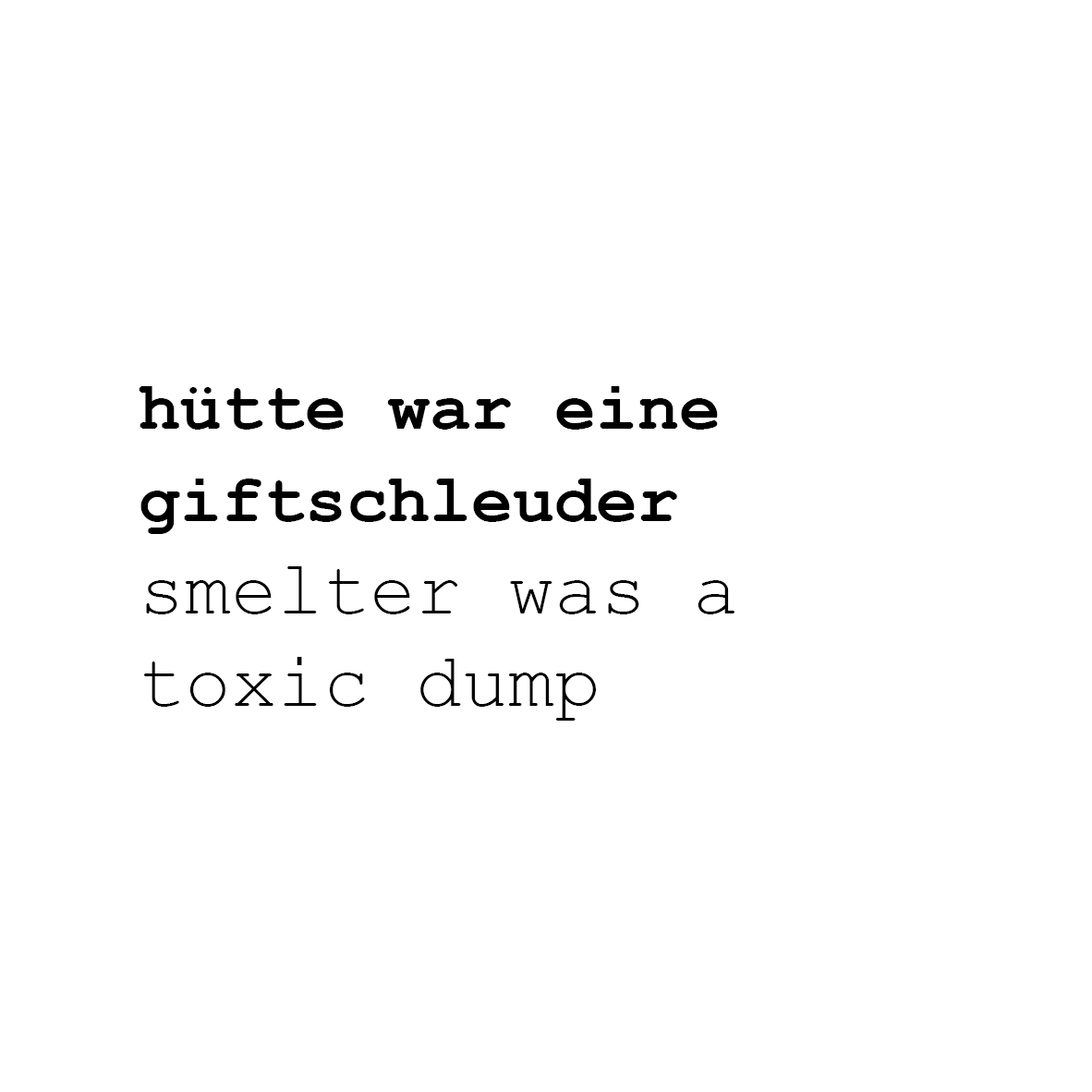Unstrittig ist, dass die damalige Kupferhütte eine wahre Giftschleuder war. Über Jahrzehnte wurde hier das zu DDR-Zeiten heiß begehrte und Devisen bringende Kupfer produziert – mit dem damit verbundenen Einsatz von Chemikalien und Schwermetallen. Obendrein wurde Kupferschrott recycelt. Meist wurden Kabelreste samt Isolationsresten eingeschmolzen. Das Polyvinylchlorid (PVC) der Isolation und Rückstände chlorhaltiger Trafoöle verbrannten dabei und setzten – auch dies ist unstrittig – hochgiftige Dioxine frei.
Deshalb artikulierte sich schon zu DDR-Zeiten in der Bevölkerung heftige Kritik an der Kupferhütte. Matthias Schmidt, von 1988 bis 2001 Pfarrer in Darlingerode, gehörte damals zu den Akteuren, die sich stark machten. „Vor allem nachts haben die den Dreck abgelassen, die schwarze Wolke zog von der Hütte meist in südöstliche Richtung, rüber zum Streithölzer Weg nach Drübeck und Darlingerode“, erinnert sich der heute 76-Jährige. Landwirte und Anwohner hätten sich schon damals mit der Bewirtschaftung der Felder zurückgehalten und Äpfel und anderes Obst nicht konsumiert. Teilweise soll der Verzehr sogar ganz offiziell verboten worden sein.
It is undisputed that the copper smelter of that time was a real poisonous slingshot. For decades, copper, which was much sought-after in GDR times and brought in foreign exchange, was produced here – with the associated use of chemicals and heavy metals. On top of this, copper scrap was recycled. In most cases, cable remnants were melted down together with insulation residues. The polyvinyl chloride (PVC) of the insulation and residues of chlorine-containing transformer oils burned up in the process and – this too is undisputed – released highly toxic dioxins.
For this reason, even in GDR times, the population voiced strong criticism of the copper smelter. Matthias Schmidt, pastor in Darlingerode from 1988 to 2001, was one of the actors who took a stand at the time. „Especially at night, they drained the dirt, the black cloud moved from the smelter mostly in a south-easterly direction, over to Streithölzer Weg in Drübeck and Darlingerode,“ recalls the now 76-year-old. Farmers and local residents had already held back from cultivating the fields back then and had not consumed apples and other fruit. In some cases, consumption is even said to have been officially prohibited.
Volksstimme, 17.02.2018
